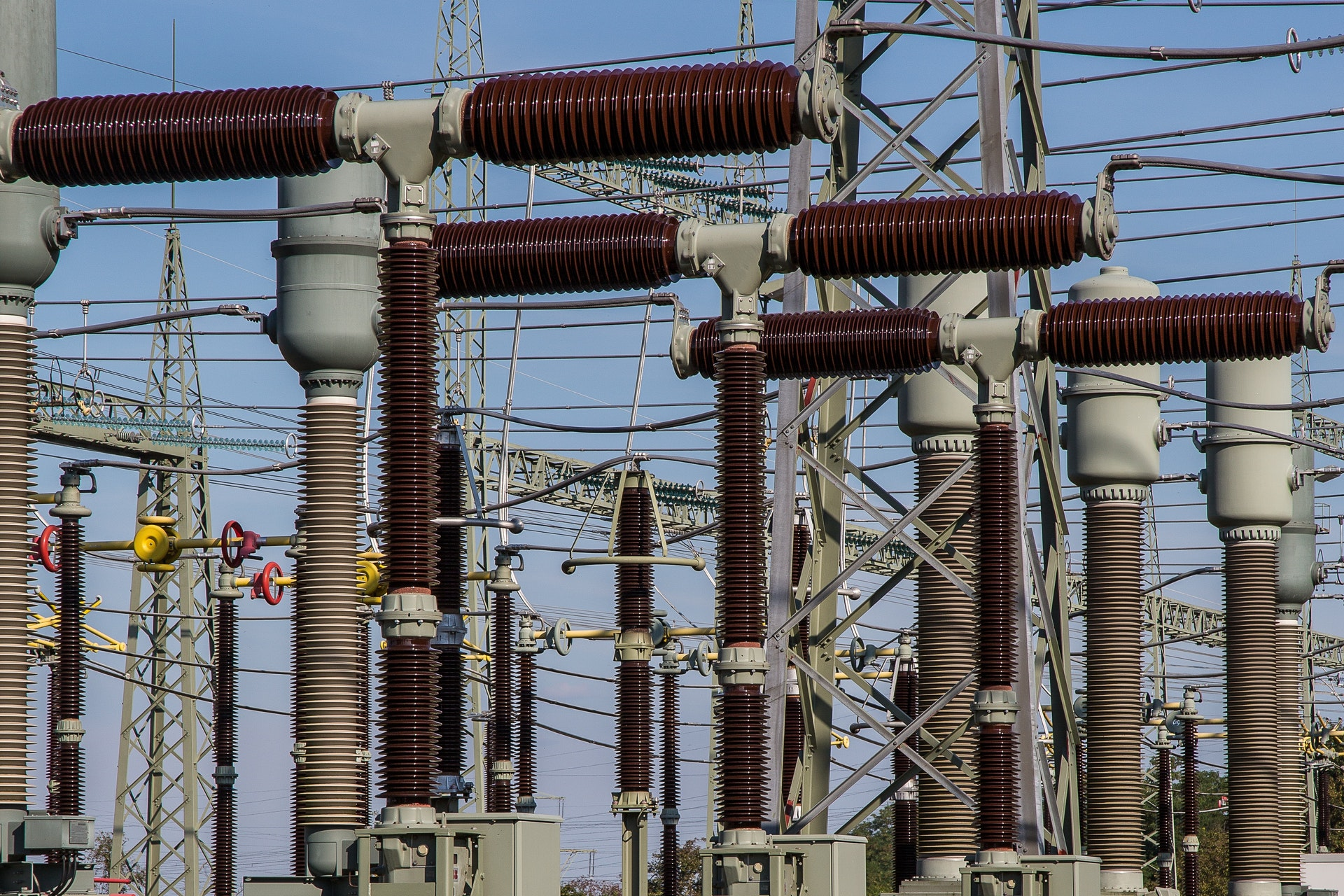Transnistrian Region Hopes to Boost Its Economy with Crypto Mining

So far, only a few countries have promoted themselves as friendly to the cryptocurrency mining industry. This is quite understandable, since the size of the industry isn’t big enough to generate tax profits that are worthy of the effort.
However, recent reports indicate that the autonomous state of Transnistria is now attempting to advertise itself as a hub for digital currency mining operations. To put things better into perspective, Transnistria represents an unrecognized state, situated in Moldova. For years, the region has been plagued by numerous political conflicts, which have led to a constantly declining economy and quality of life. As such, the political turmoil has driven investors away, and has dried most industries that once operated in the region.
Its first effort to encourage the mining business consisted in adopting a legislative framework that thoroughly legalized and regulated digital currency mining. The Tiraspol-based government also stated that it was ready to offer foreign investors financial incentives for setting up their farms, alongside providing the necessary infrastructure, and offering unlimited access to its electrical grid.
The law, which was named “On the development of information blockchain-technologies in the Pridnestrovian Moldavian Republic”, also mentioned that mining operators would be exempted from paying tax on importing mining hardware. This has encouraged several investors to set up their mining farms in the region. As such, the law encouraged an increased electricity consumption of approximately 6 MW.
In a recent press statement, the region’s prime-minister mentioned that while the efforts so far paid off, the government would like to further stimulate this economy. Therefore, there are plans to increase electricity consumption of mining farms to at least 100MW over the next couple of months. It is important to keep in mind that the prime-minister told mining companies that he won’t be implementing any tax of cryptocurrency gains, or mining operations in the future. This means that Transnistria is only interested in selling electricity.
This definitely makes sense, as Transnistria leverages a large Russian power plant, capable of producing up to 2,500MW of electrical current. What’s interesting is that the electricity is seemingly generated for free, since the check goes directly to the Moldovan government.
Based on everything that has been outlined so far, since no further progress has been made from a political standpoint, Transnistria represents a highly-lucrative destination for mining farm operators looking to purchase cheap electricity, while also not having to pay tax on their crypto profits.


